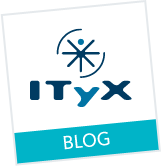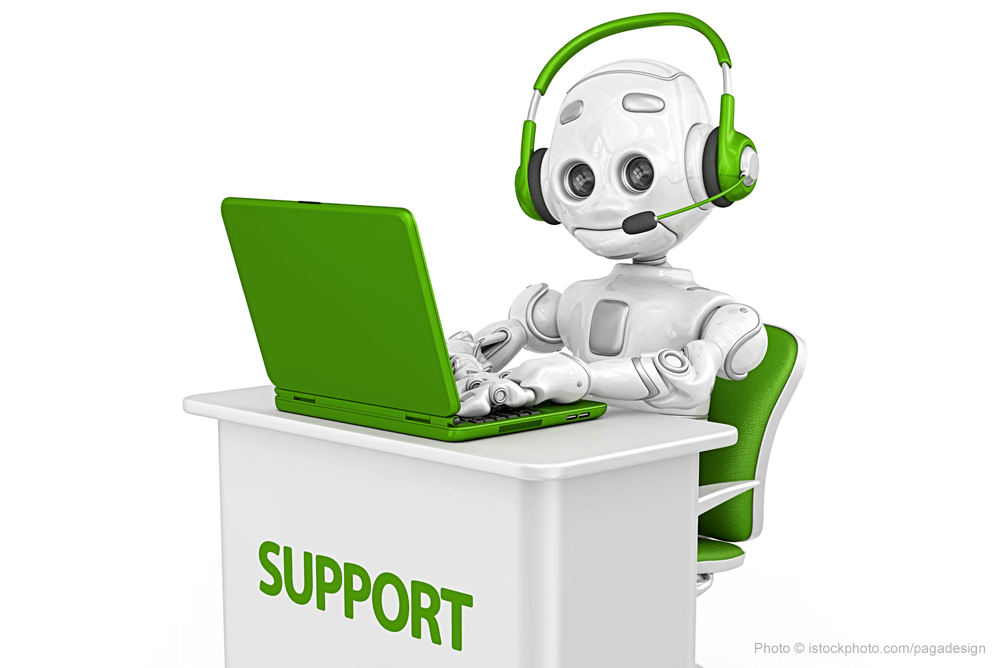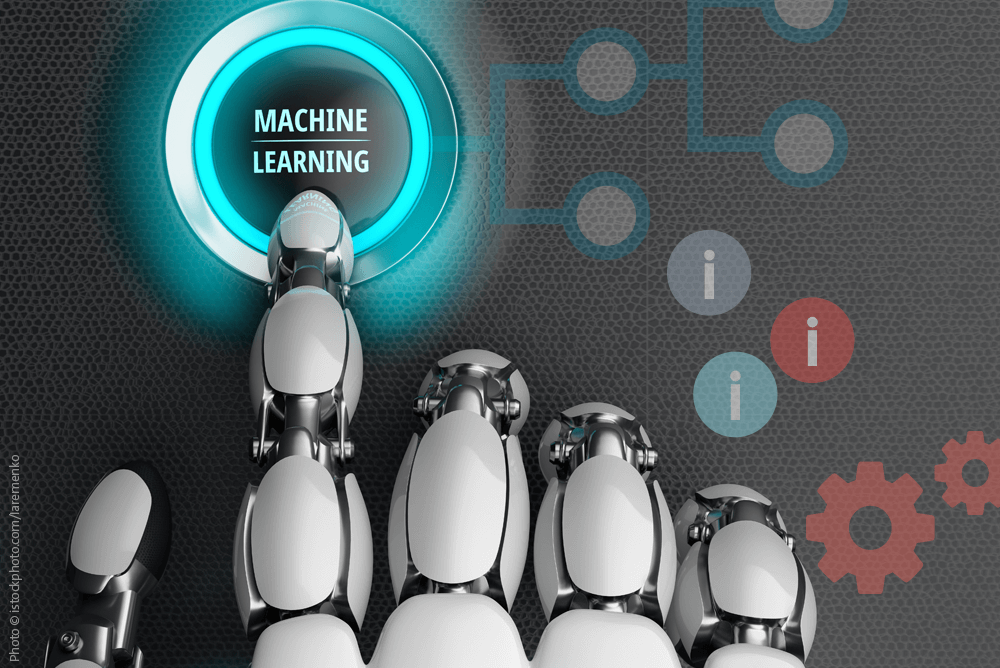Enterprises primarily look for simple and low-cost options to offer their clients online services that make use of conventional chatbots (also referred to as ‘virtual assistants’). Instead of saving, in most cases, the expenses rise as the chatbots initially have to be ‘trained’ via so-called ‘dialog scripts’ in order to be put into operation. Those scripts have to be programmed manually! In addition, it is proven that traditional chatbots neither prevent further inquiries nor do they achieve favorable customer experiences. Rather, there is a high possibility of doing oneself a disservice by using chat robots. In light of smart speech assistance, such as SIRI or CORTANA, growing skepticism about their sustainability is valid.
Bots on corporate websites are no help whatsoever
Independently, analysts are in complete agreement as to the value of these virtual assistants. While only 20% of all inquiries are business-related, the remaining quantity applies to completely different issues. Instead of referring to topics such as products or services, they are concerned with entertainment values with no commercial benefits for the company or the client. ITyX customers find themselves in a different situation. For example, the popular German direct insurer, HUK24, replies to a quarter of all its online requests using the ITyX SELF-SERVICE. Contrary to the conventional chatbots, this application does not rely on manual entries. Instead, it obtains knowledge by internalizing all the email content, which the ITyX RESPONSE customer service keeps at hand. With Samsung Electronics, one finds another big enterprise relying on our so-called ‘CEP’ (customer experience platform) combination – in more than 20 countries all over Europe!
Recent bots and assistants are undergoing a steady learning process
ITyX has started to develop a ‘digital agent’ based on artificial intelligence (AI), intended to set new standards for websites and smartphones. Analogous in manner and quality to SIRI and CORTANA, the ‘virtual assistant’ will be able to reply autonomously to arising questions. The technical revolution lies in receiving general knowledge through understanding the company’s expertise. Over and above, the software is in a permanent self-learning process, decoding all accessible communication between business experts and clients. By drawing explicit (customer’s rating on right or wrong) as well as implicit (customers’ behavior) conclusions, the ITyX agent outclasses any existing chat robot regarding competent replies to requests about products or service issues. In this way, the smart tool becomes even smarter every day!
Adequate training sets are crucial for intelligent dialog systems
There is a prior condition to the AI-based software tool running a PoC (proof of concept): Suitable customer service correspondence, such as FAQs, must concern a certain topic. In this way, the ‘virtual agent’ gets trained at low cost. Considering the positive results, we strongly advise against the inclusion of traditional chat robots on websites. In view of current upheavals around ‘artificial intelligence assistant systems’, by 2017 and 2018, their technology will be regarded as a back number.



